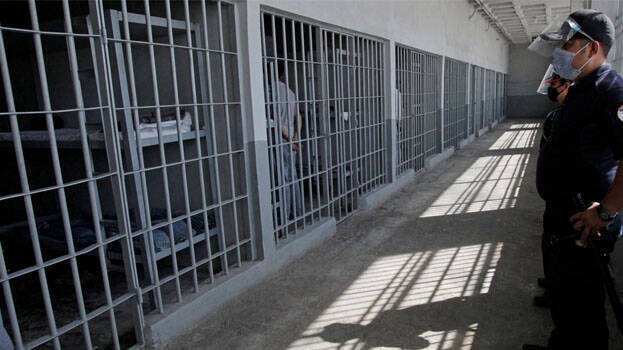How Long Can You Go to Jail for Assault and Battery in Australia?
Introduction
How long can you go to jail for assault and battery in Australia? In Australia, both assault and battery are considered to be serious forms of criminal offence. A person may be subject to serious consequences, including imprisonment, depending on the gravity of the offence they have committed. In the following paragraphs, we will discuss the potential jail sentences for those convicted of assault and battery in Australia.
What is Assault and Battery?
Both assault and battery are considered to be separate crimes, despite the fact that they are sometimes charged simultaneously. In the crime of assault, the offender makes threats or makes an attempt to do another person physical harm, but in the crime of battery, the offender actually causes another person physical injury. In Australia, the legal definitions of assault and battery might be somewhat different from one Australian state to another.

Assault
A person is said to have been assaulted if they were subjected to any kind of behaviour that made them fear for their own safety or that put them in imminent danger of being harmed. This can involve threats made verbally, gestures made physically, or even attempts to cause bodily harm. Depending on the seriousness of the incident, a person can be prosecuted with either a summary or an indictable offence for assault.
Battery
Battery refers to the act of actually causing physical injury to another person. This can range from a light push or shove all the way up to more serious acts of violence like hitting or kicking someone. In the same way that assault can be charged as a summary or indictable offence, battery can also be charged in any way.
Penalties for Assault and Battery in Australia
In Australia, the penalty for assault and battery can differ from case to case based on the seriousness of the offence, the age of the victim, and whether or not the perpetrator has any previous convictions for similar offences.

Summary Offenses
The Magistrates’ Court is the typical venue for the hearing of summary offences, which are considered to be less serious offences. The following are the most severe consequences that can be imposed on those found guilty of a summary offence for assault and battery:
- Assault – 2 years imprisonment
- Battery – 3 years imprisonment
Indictable Offenses
Indictable offences are those that involve more serious consequences and are typically tried in a superior court. The following are the maximum sentences that can be imposed for indictable offences related to assault and battery:The minimum sentence for assault that results in bodily harm is seven years in prison.
- Assault causing bodily harm – 7 years imprisonment
- Assault causing grievous bodily harm – 14 years imprisonment
- Recklessly causing injury – 10 years imprisonment
- Intentionally causing injury – 20 years imprisonment
- Aggravated burglary and assault – 25 years imprisonment
- Murder – Life imprisonment
Factors That Can Affect the Penalties for Assault and Battery
In Australia, the punishment for assault and battery can be significantly different depending on a number of different variables. These include, but are not limited to:
Prior Criminal Convictions
It is possible that the penalty for assault and battery will be increased for a person who has a history of criminal convictions. This is due to the fact that they are deemed to be repeat offenders and, as a result, are more likely to commit more crimes. For assault charges lawyer in sydney see here.
Severity of the Offense
The seriousness of the offence is another factor that might play a role in determining the consequences for assault and battery. For instance, a person who commits an assault that results in major physical harm or death will likely be sentenced to a longer period of incarceration than someone who commits an assault that just results in minor injuries.
Age of the Victim
Assaults and battery committed against minors or adults who are unable to defend themselves are regarded as more serious crimes and may result in more severe punishments.
Conclusion
In Australia, assault and battery are both considered to be significant criminal offences, and the punishments for these offences can be quite harsh. The gravity of the crime, the age of the victim, and whether or not the offender has any past convictions for a similar offence all go into the determination of the appropriate punishment. It is essential to emphasise that violent behaviours such as assault and battery are not tolerated, and those who engage in these behaviours will be held accountable by the law for their conduct.
It is imperative that you seek the counsel of a criminal defence attorney as soon as possible if you or someone you know has been charged with assault and battery. They are able to assist you in understanding the legal procedure and your rights, and they will strive to reduce the severity of any potential punishments.
In a nutshell, depending on the gravity of the crime, the punishments for assault and battery in Australia can range anywhere from a few months to life in prison. In order to avoid being prosecuted for these criminal offences, it is vital to have a solid understanding of the legal definitions of assault and battery, as well as the elements that can alter the consequences. If you find yourself in a situation where you could be charged with assault or violence, you should always seek the opinion of an attorney.





